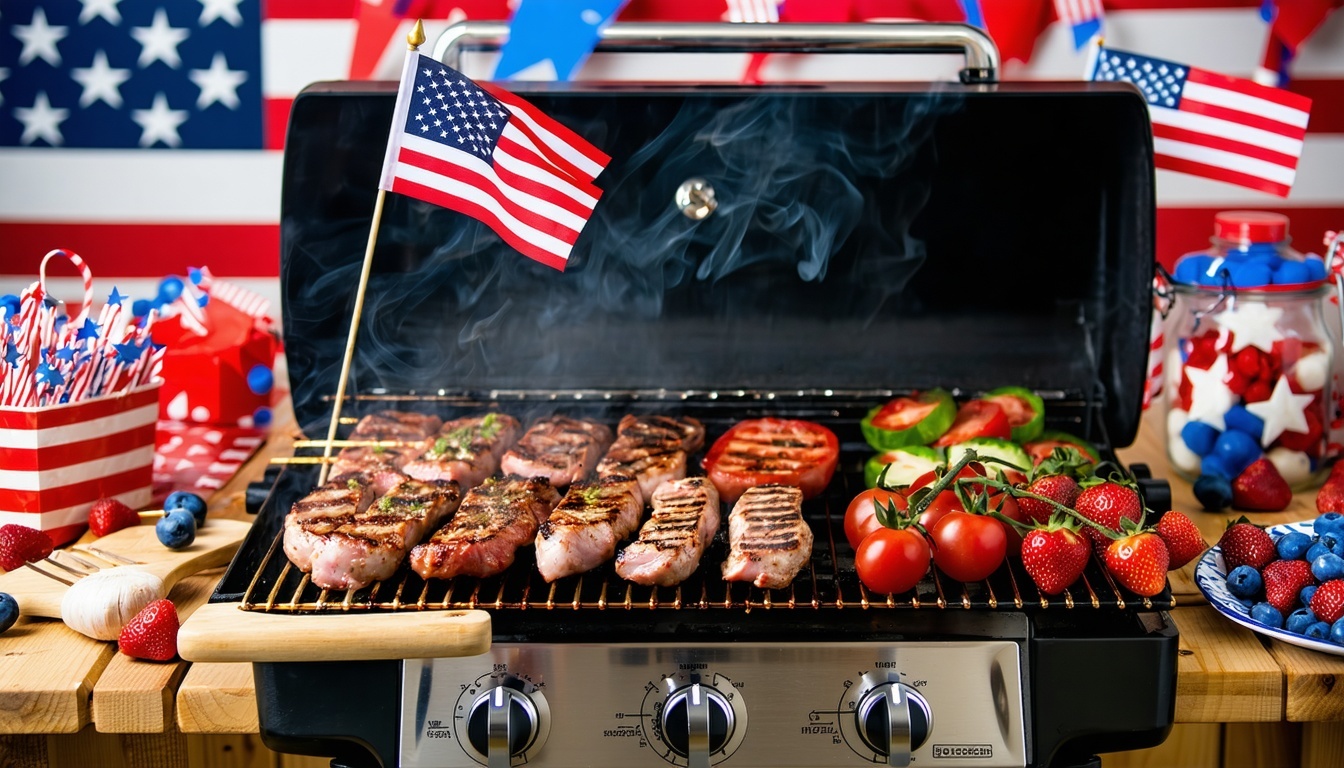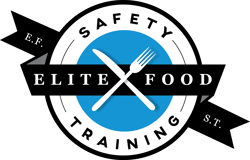
Celebrate Independence Day with delicious barbecue while keeping your loved ones safe with these essential food safety tips!
The History of Barbecuing on the 4th of July
The 4th of July, also known as Independence Day, is a time for Americans to come together and celebrate the birth of the nation. One of the most beloved traditions associated with this holiday is the backyard barbecue. This tradition dates back to the early 19th century when communities would gather for large public celebrations that often included grilling meats over open flames.
As time passed, the tradition evolved and became more intimate, moving from public spaces to family backyards. Today, barbecuing on the 4th of July is synonymous with patriotism, family, and fun. However, amidst all the festivities, it's crucial to remember the importance of food safety to ensure that everyone enjoys the holiday without any foodborne illnesses.
Pre-Grill Prep: Keeping Your Ingredients Safe
Before you even fire up the grill, it's essential to ensure that all your ingredients are handled safely. Start by washing your hands thoroughly with soap and water before and after handling food. Make sure to keep raw meats separate from other foods to avoid cross-contamination.
It's also important to marinate meats in the refrigerator, not on the counter. If you're planning to reuse the marinade as a sauce, be sure to boil it first to kill any harmful bacteria. Keep your refrigerator at 40°F (4°C) or below to ensure that all perishable items remain safe until it's time to cook.
Grilling Safety: Cooking to the Right Temperature
When it's time to grill, the key to ensuring food safety is cooking meats to the right internal temperatures. Use a food thermometer to check that meats are cooked thoroughly. Ground beef should be cooked to at least 160°F (71°C), while poultry needs to reach 165°F (74°C). Steaks, chops, and roasts should be cooked to at least 145°F (63°C) and allowed to rest for three minutes after cooking.
Avoid partially cooking meats to finish them later. This practice can allow harmful bacteria to survive and multiply. Always cook meats completely in one go to ensure they are safe to eat.
Serving Safely: Avoiding Cross-Contamination
Once your delicious barbecue is ready, it's important to serve it safely. Use clean utensils and plates to serve cooked food. Never place cooked meat back on the same plate that held raw meat unless it has been thoroughly washed with hot, soapy water.
Keep hot foods hot and cold foods cold. Hot foods should be kept at 140°F (60°C) or warmer, while cold foods should be kept at 40°F (4°C) or cooler. If you're serving food outdoors, use insulated containers to maintain the proper temperatures.
Post-Grill Protocol: Proper Food Storage and Leftovers
After the feast, it's important to properly store any leftovers to prevent foodborne illnesses. Perishable foods should not be left out for more than two hours, or one hour if the outdoor temperature is above 90°F (32°C). Promptly refrigerate or freeze leftovers in shallow containers to allow for quick cooling.
When reheating leftovers, make sure they reach an internal temperature of 165°F (74°C) to kill any potential bacteria. Following these steps will help ensure that your 4th of July celebration remains a joyful and safe occasion for everyone involved.

.png)
-2.png)
-2.png)
.jpg)
